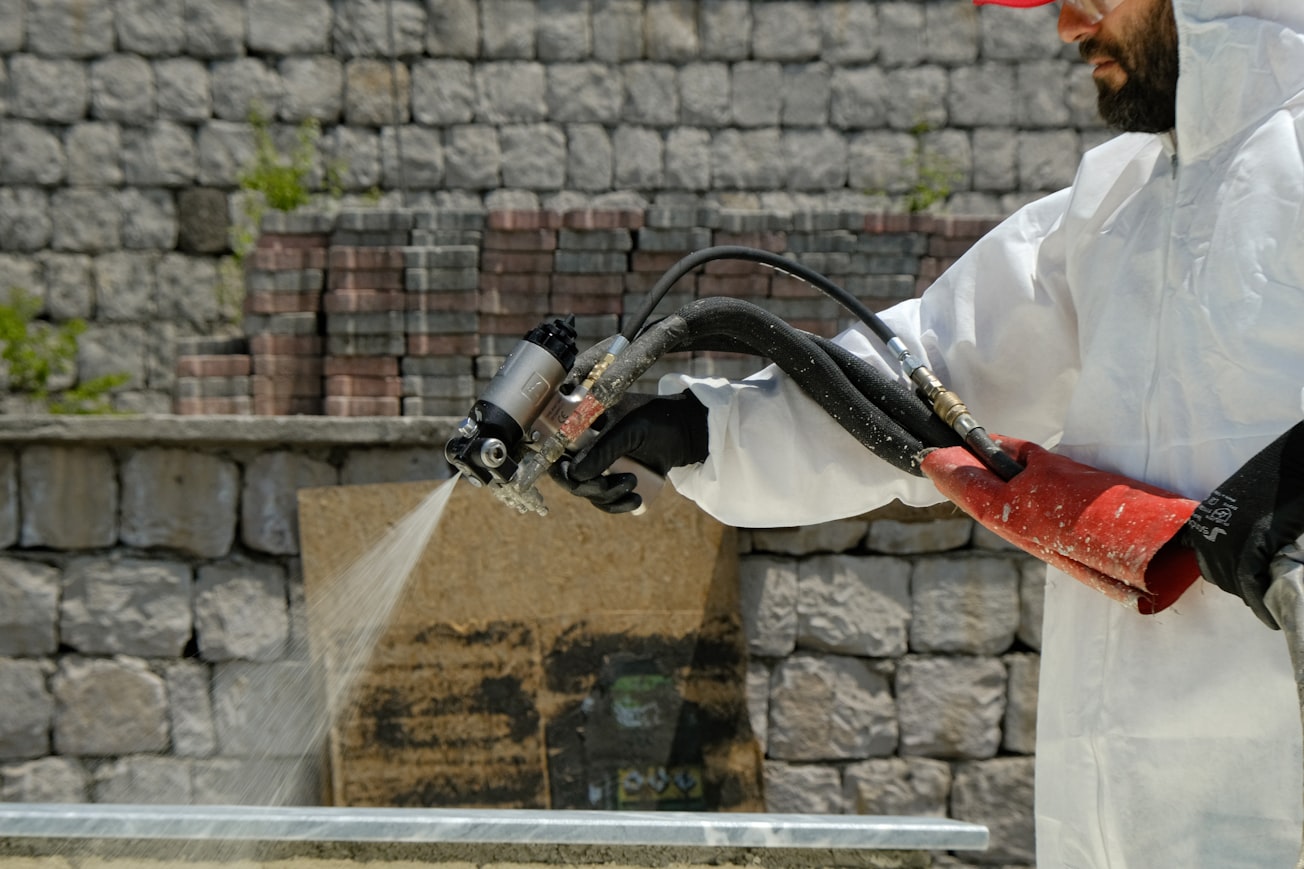What is it about?
This study focuses on the cellulose nanocrystal (CNC) reinforcement of a model RPUF based on a hybrid polyol system of 80:20 ‘polyether’ and palm-kernel oil-based ‘polyester’ polyols (PKObP), in order to simultaneously enhance thermal insulation and/or mechanical properties. The addition of 0.4 wt.% CNC in the RPUF afforded a 2.4% improvement (i.e. reduction) in the thermal conductivity (from 24.1 ± 0.4 mW/mK to 23.5 ± 0.3 mW/mK).
Featured Image

Photo by Ömer Haktan Bulut on Unsplash
Why is it important?
The development of sustainable rigid polyurethane foam (RPUF) using biologically renewable materials remains a challenge in both academia and industry. Highlights • Thermal insulation RPUF is made with a partially biobased hybrid polyol system. • The nucleating effect of CNC is affected by the presence of palm-based polyol. • About 0.4% CNC loading in RPUF affords to retain its long-term thermal insulation. • Alignment of CNC to foam-rise enhances the stiffness of RPUF perpendicularly.
Perspectives
The nature of the interaction between CNC two different polyols (polyether and polyester) varies and that has influenced microstructure formation and decreased mechanical performance.
Dr Pratheep K Annamalai
University of Queensland
Read the Original
This page is a summary of: Hybrid polyether-palm oil polyester polyol based rigid polyurethane foam reinforced with cellulose nanocrystal, Industrial Crops and Products, February 2018, Elsevier,
DOI: 10.1016/j.indcrop.2017.12.032.
You can read the full text:
Contributors
The following have contributed to this page







